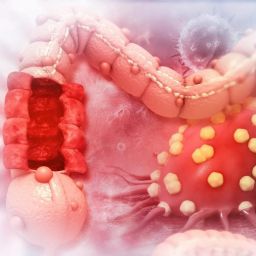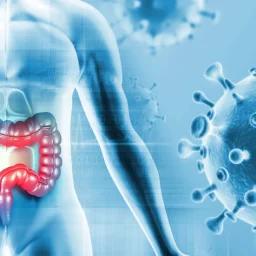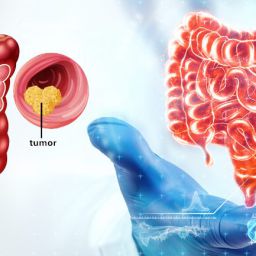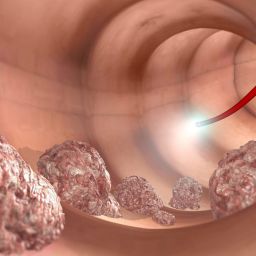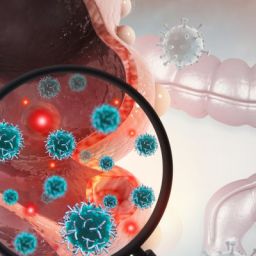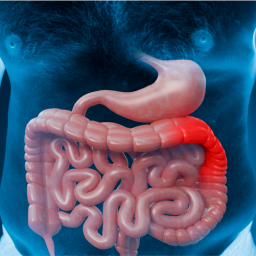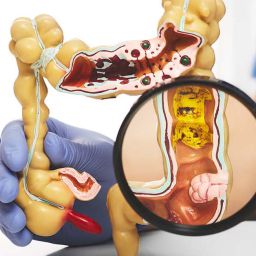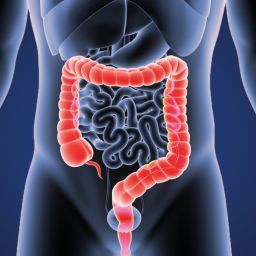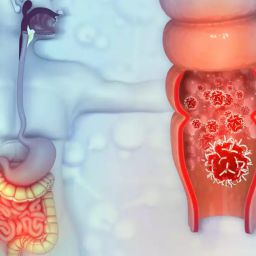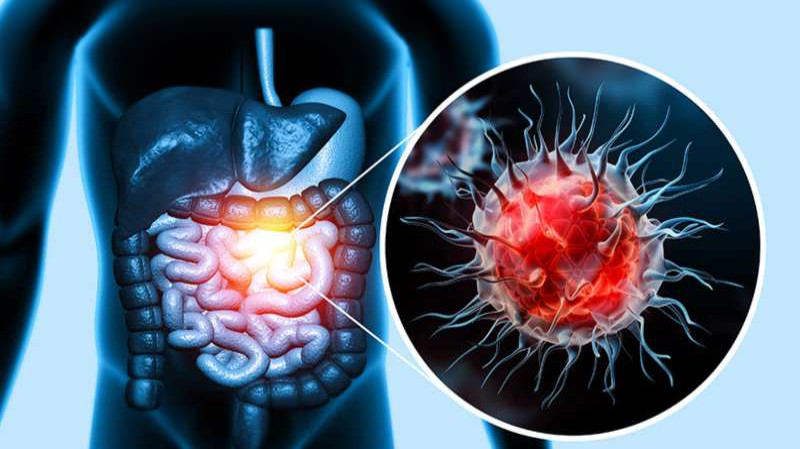
Understanding Colon Cancer
Colon cancer originates in the large intestine (colon) or the rectum, which forms the last part of the digestive tract. It typically begins as non-cancerous polyps, small clumps of cells that form on the lining of the colon or rectum. While not all polyps become cancerous, certain types, such as adenomatous polyps, have a higher risk of progressing into malignancies.
Common Symptoms
Colon cancer often develops silently in its early stages, but as it progresses, symptoms may include:
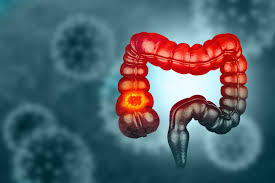
- Persistent changes in bowel habits (diarrhea or constipation)
- Blood in the stool or rectal bleeding
- Unexplained weight loss
- Abdominal pain or discomfort
- Fatigue and weakness
Being vigilant about these symptoms is essential, especially for individuals with known risk factors.
Risk Factors for Colon Cancer
Awareness of risk factors can help individuals assess their susceptibility and take proactive measures. These risk factors include:
- Age: The risk of colon cancer increases with age, particularly after 50.
- Family History: A family history of colon cancer or polyps significantly elevates risk.
- Lifestyle Choices:
- Diets high in red and processed meats
- Lack of physical activity
- Obesity and excessive alcohol consumption
- Smoking
- Chronic Conditions: Inflammatory bowel diseases like Crohn’s disease and ulcerative colitis are linked to a higher risk.
- Genetic Factors: Inherited syndromes, such as Lynch syndrome and familial adenomatous polyposis (FAP), increase the likelihood of developing colon cancer.
While some risk factors are non-modifiable, lifestyle changes can mitigate others, emphasizing the importance of prevention strategies.
Preventing Colon Cancer
Prevention is a multifaceted approach that combines lifestyle modifications, dietary improvements, and medical interventions.
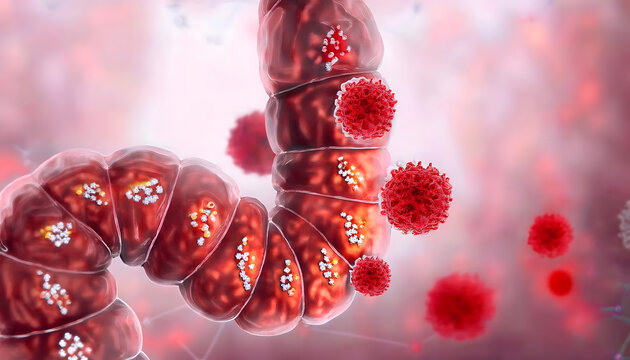
- Adopting a Healthy Diet:
- Emphasize fruits, vegetables, and whole grains, which are rich in fiber and antioxidants.
- Limit consumption of red and processed meats, which have been linked to increased cancer risk.
- Incorporate omega-3 fatty acids from sources like fish, which may have protective properties.
- Maintaining a Healthy Weight: Obesity is a known risk factor for colon cancer. Regular physical activity and a balanced diet are critical for maintaining an optimal weight.
- Regular Exercise: Engaging in moderate-intensity activities like walking, cycling, or swimming for at least 30 minutes most days of the week can lower cancer risk.
- Limiting Alcohol and Avoiding Tobacco: Reducing alcohol intake and quitting smoking are essential steps in cancer prevention.
- Managing Chronic Conditions: Treating and monitoring conditions like diabetes, inflammatory bowel disease, and other chronic health issues can lower cancer risk.
- Chemoprevention: In certain high-risk individuals, medications like aspirin may be recommended to reduce the likelihood of polyp formation. However, this should always be under medical supervision.
Importance of Early Detection
Detecting colon cancer early greatly improves survival rates. The 5-year survival rate for localized colon cancer exceeds 90%, underscoring the importance of regular screening and vigilance.
Screening Recommendations
The American Cancer Society and similar organizations recommend regular screening starting at age 45 for individuals with average risk. Those with higher risk may need earlier and more frequent screenings. Key screening methods include:
- Colonoscopy: Considered the gold standard, colonoscopy allows for both detection and removal of polyps during the same procedure.
- Stool-Based Tests:
- Fecal Immunochemical Test (FIT): Detects hidden blood in the stool, a possible sign of cancer or polyps.
- Guaiac-based Fecal Occult Blood Test (gFOBT): Also detects hidden blood but requires dietary restrictions before testing.
- Multitarget Stool DNA Test (e.g., Cologuard): Combines blood detection with DNA markers associated with cancer.
- Imaging Tests:
- CT Colonography (Virtual Colonoscopy): A non-invasive imaging method that visualizes the colon and rectum.
Regular screenings can detect polyps before they become cancerous, significantly reducing the incidence of colon cancer.
Advances in Early Detection and Treatment
Medical advancements are transforming the landscape of colon cancer prevention and early detection:

- Genetic Testing: Individuals with a family history of colon cancer can undergo genetic testing to identify inherited syndromes like Lynch syndrome or FAP. This enables personalized screening schedules and preventive measures.
- Liquid Biopsies: Emerging technologies are enabling the detection of cancer-related biomarkers in blood samples, providing a non-invasive option for early detection.
- Artificial Intelligence (AI): AI-driven tools are being integrated into colonoscopy procedures to enhance polyp detection rates and improve diagnostic accuracy.
- Targeted Therapies: For advanced cases, targeted therapies such as monoclonal antibodies and immunotherapy are improving outcomes by tailoring treatments to the individual’s cancer profile.
Public Awareness and Accessibility
While advances in medicine are promising, increasing public awareness and access to healthcare remain critical. Governments and health organizations must:
- Promote education campaigns about the importance of screening.
- Provide affordable and accessible screening options for underserved populations.
- Encourage research to identify novel biomarkers and therapeutic strategies.
Community efforts and policy changes can bridge the gap between medical advancements and widespread implementation.
Living Beyond Colon Cancer
For those diagnosed with colon cancer, early detection not only improves survival rates but also enhances quality of life. Survivorship care plans, including regular follow-ups, lifestyle adjustments, and psychosocial support, play a crucial role in long-term health.
Preventing and detecting colon cancer early is not only possible but also increasingly achievable with advancements in screening technologies, public awareness, and lifestyle modifications. By adopting a proactive approach to health, individuals can significantly reduce their risk and improve outcomes. Colon cancer need not be a silent killer—empowered with knowledge and access to healthcare, we can turn the tide against this disease.

